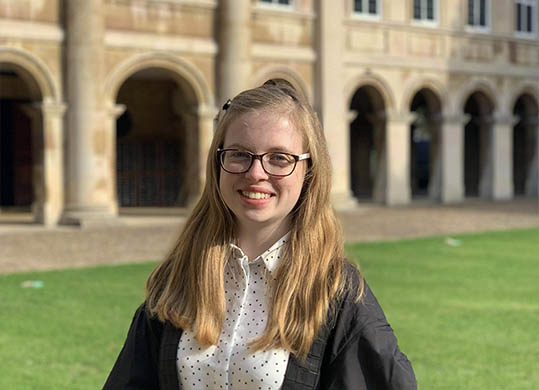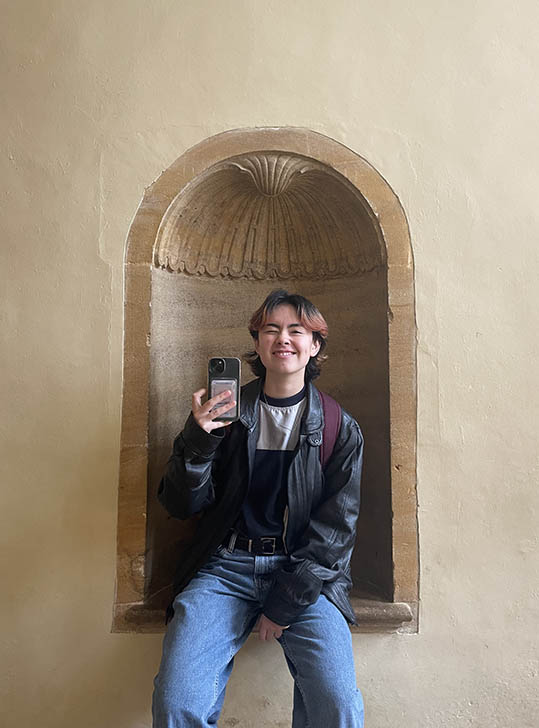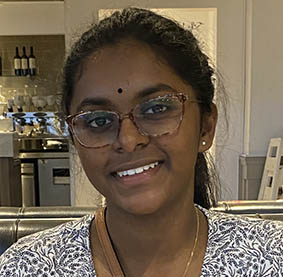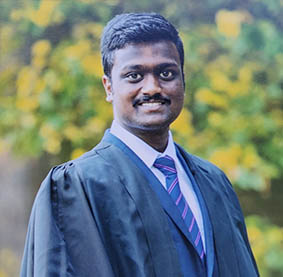
Yasmin
I've always been interested in the human body and used to watch lots of documentaries when I was younger. During secondary school, science was always my favourite subject! I also love working with people and so the idea of sitting in a lab all day was not appealing for me. After doing some work experience in my local hospital, I was in awe of the doctors(and all the staff!) and wanted to get involved as soon as possible!

Mia
Medicine always stuck out to me because it was the perfect combination of a structured science course, with a potential to work with and learn about people on a far more human level.

Sarannia
Sometimes, the course seems very intense and there are often times when it feels like information s just being chucked at us to learn. In the moment, it can seem quite daunting, but when we take the time to go over our notes, it really isn't too bad! So, if there's something I would change, it would be to spread out the information we're taught over a longer period of time, so as to allow us to understand the course better as we progress throughout the term, as opposed to doing a fair chunk of it in the holidays.

Joshua
After doing lots of research (reading many books, work experience etc), I made the decision that medicine was the best course for me. This is because it combines the science that I most enjoy (learning about the human body) with a profession that involves helping people.